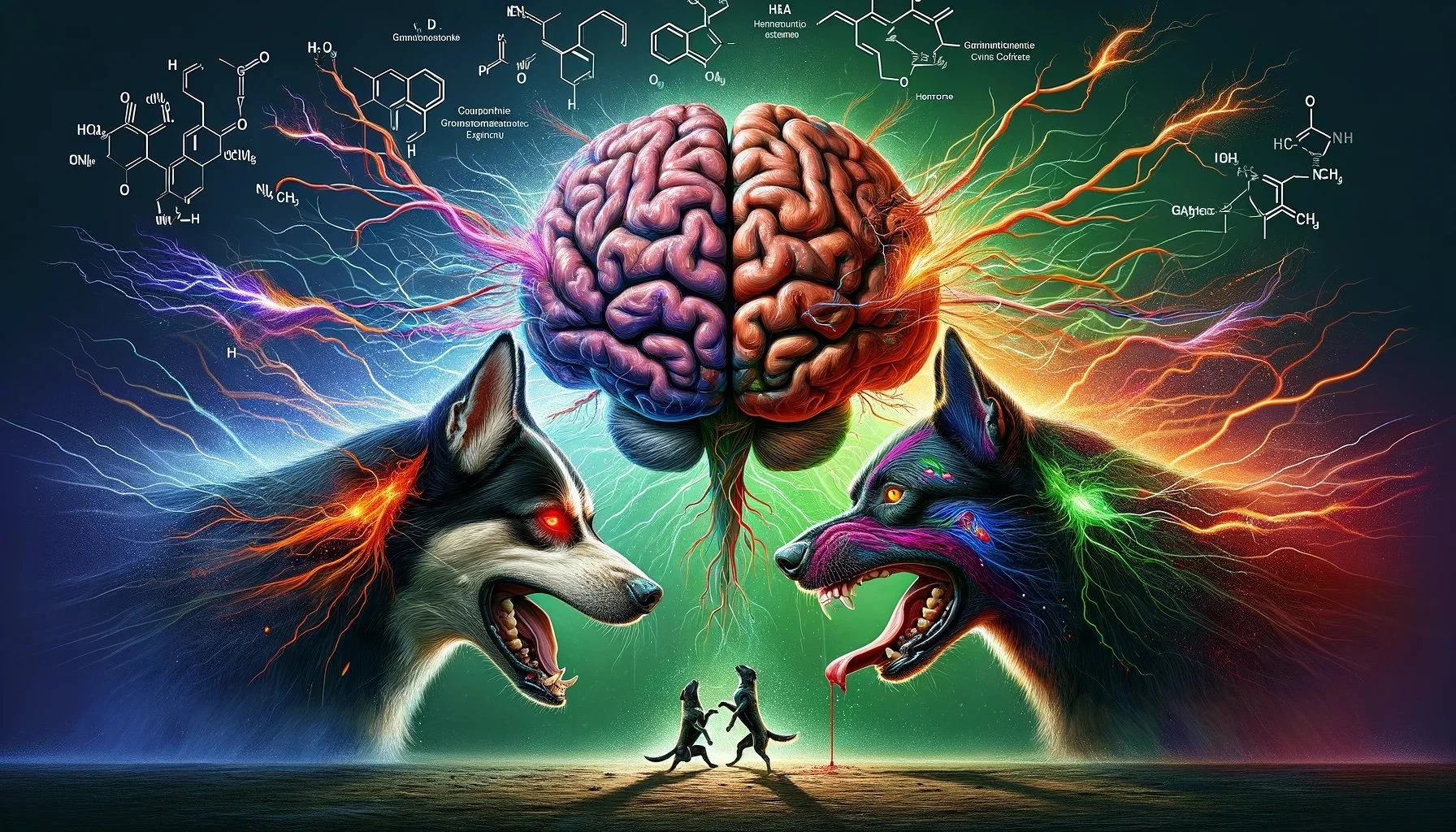In this article, I embark on a deep dive into the complex world of canine aggression, exploring the intricate tapestry of neurological, genetic, environmental, and experiential factors that shape a dog's propensity for aggressive behavior. By synthesizing cutting-edge research from the fields of behavioral neuroscience, ethology, and veterinary medicine, I aim to reframe aggression not as a simple matter of "good" or "bad" dogs, but as a multifaceted phenomenon with deep biological roots. This nuanced perspective, grounded in empathy and scientific understanding, offers a roadmap for moving beyond the simplistic and often counterproductive approaches that have long dominated the conversation around aggressive dogs.
Central to this exploration is a detailed look at the three primary neural pathways that mediate aggressive behavior in dogs: the defensive fear-based pathway, the proactive seeking pathway, and the predatory pathway. Each of these circuits engages distinct brain regions optimized for different aggressive functions and contexts, from the amygdala's rapid threat detection to the hypothalamus's coordination of the chase and kill. By carefully teasing apart these neurological mechanisms and their behavioral manifestations, we can develop a more granular understanding of the diverse motivations and triggers that underlie aggressive acts in dogs.
However, the neurobiology of aggression is only one piece of the puzzle. Equally important are the complex ways in which an individual dog's genes, early life experiences, and moment-to-moment interactions with the environment shape its aggressive responses. From the heritable differences in temperament between dog breeds to the lasting impact of puppyhood trauma or neglect, a wide range of nature-nurture factors can dial a dog's aggression risk up or down. Of particular interest is the powerful role of sex hormones, especially estrogen, in modulating aggressive behavior in both male and female dogs - a critical insight that is often overlooked in spay/neuter decisions. By weaving together these multiple levels of analysis, from the molecular to the societal, I hope to paint a more complete and compassionate picture of the aggressive dog as the product of a perfect storm of interacting variables




